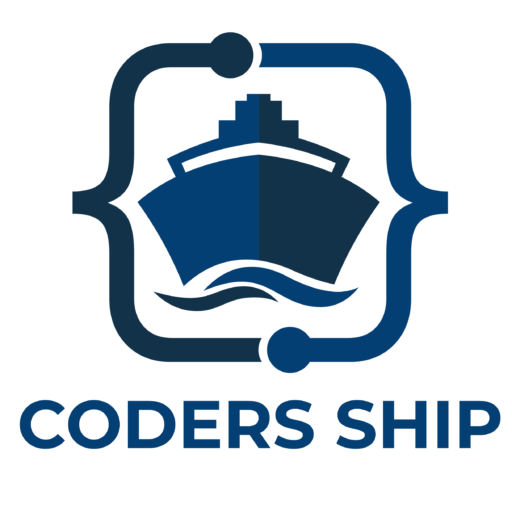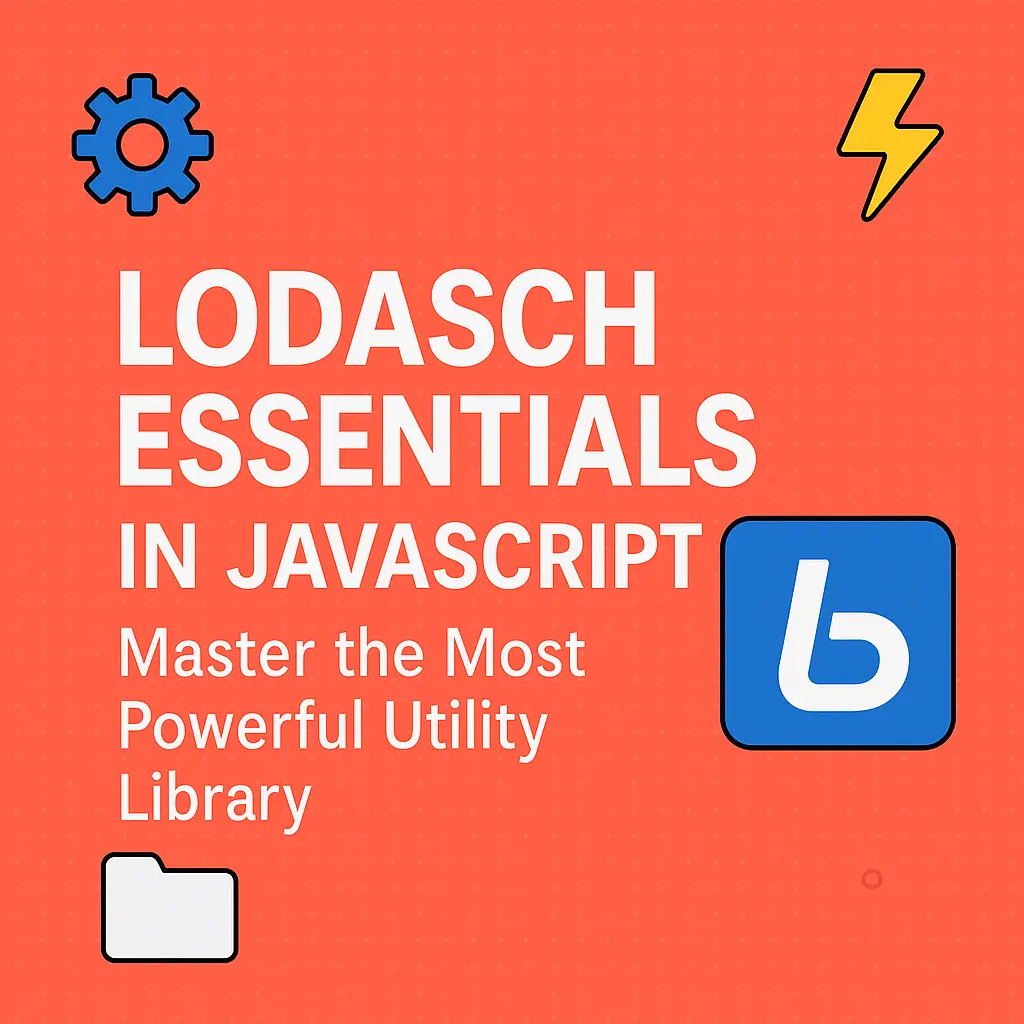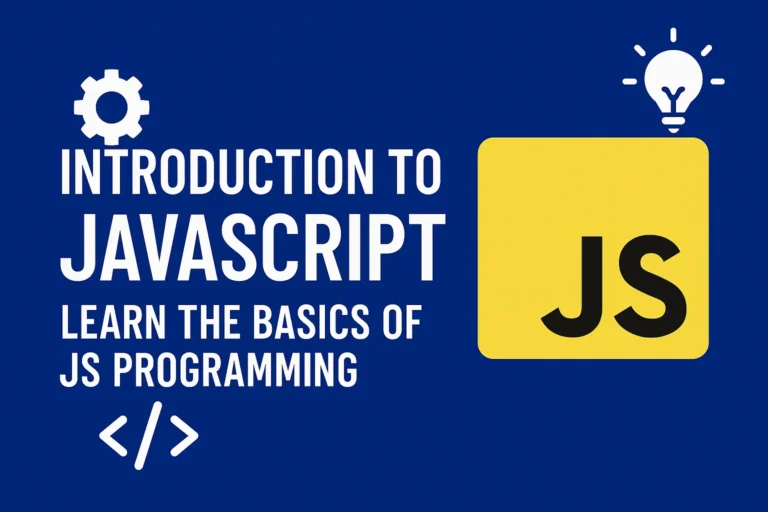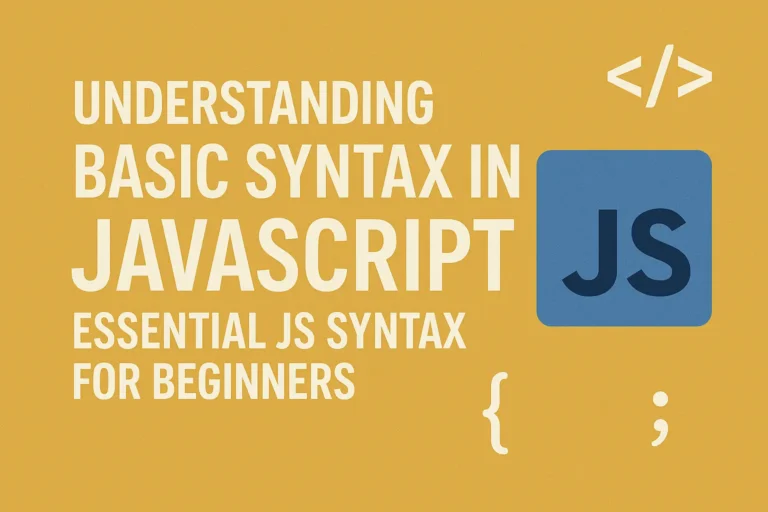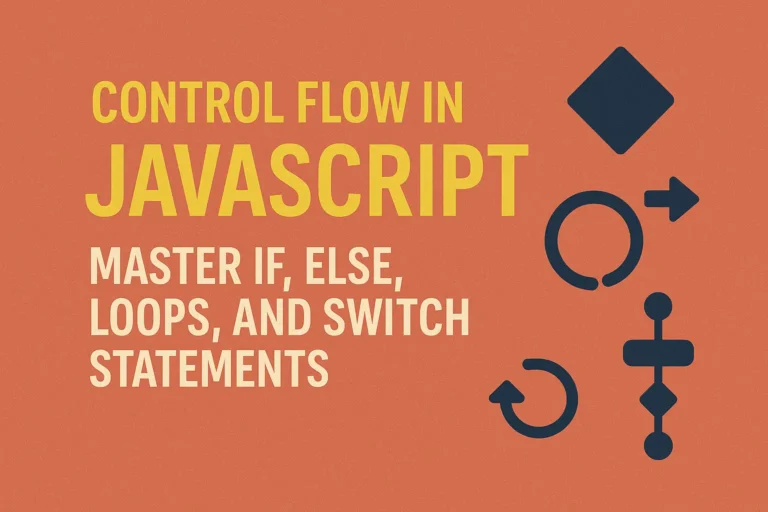Introduction
JavaScript has evolved significantly over the years, but developers often find themselves in need of additional utility functions and features to streamline their code and enhance productivity. This is where Lodash comes into play. Lodash is a popular JavaScript utility library that provides a wide range of functions to manipulate arrays, objects, strings, and more. In this article, we’ll explore the essentials of Lodash, focusing on common utility functions and how to leverage functional programming concepts with Lodash.
Common Utility Functions
Lodash offers a plethora of utility functions that simplify common programming tasks. Let’s delve into some of the most frequently used ones:
_.map():
This function iterates over a collection (array or object) and applies a transformation function to each element, returning a new collection with the results.
const numbers = [1, 2, 3, 4, 5];
const doubled = _.map(numbers, n => n * 2);
console.log(doubled); // Output: [2, 4, 6, 8, 10]
_.filter():
It iterates over a collection and returns an array containing only the elements that satisfy a given condition.
const numbers = [1, 2, 3, 4, 5];
const evens = _.filter(numbers, n => n % 2 === 0);
console.log(evens); // Output: [2, 4]
_.reduce():
This function applies a reducer function against an accumulator and each element in the collection to reduce it to a single value.
const numbers = [1, 2, 3, 4, 5];
const sum = _.reduce(numbers, (acc, n) => acc + n, 0);
console.log(sum); // Output: 15
Functional Programming with Lodash
Functional programming is a programming paradigm that treats computation as the evaluation of mathematical functions and avoids changing-state and mutable data. Lodash facilitates functional programming by providing functions that support this paradigm.
Currying:
Lodash allows currying functions, which means transforming a function that takes multiple arguments into a sequence of functions that each take a single argument.
const greet = (greeting, name) => `${greeting}, ${name}!`;
const curriedGreet = _.curry(greet);
const greetHello = curriedGreet("Hello");
console.log(greetHello("John")); // Output: Hello, John!
Partial Application:
Partial application allows fixing a number of arguments to a function, producing another function with fewer arguments.
const greet = (greeting, name) => `${greeting}, ${name}!`;
const greetHello = _.partial(greet, "Hello");
console.log(greetHello("John")); // Output: Hello, John!
Compose and Pipe:
Lodash provides _.flow (or _.compose) and _.flowRight to create a function that is a composition of multiple functions.
const add = x => x + 5;
const multiply = x => x * 2;
const subtract = x => x - 10;
const composedFunc = _.flow([add, multiply, subtract]);
console.log(composedFunc(10)); // Output: 15
Conclusion
Lodash is an invaluable tool for JavaScript developers, offering a wide range of utility functions and supporting functional programming paradigms. By mastering the essentials of Lodash, developers can write cleaner, more concise code and improve their productivity. Whether you’re working with arrays, objects, or functional programming concepts, Lodash has got you covered. So, dive in, explore its capabilities, and elevate your JavaScript development experience!
